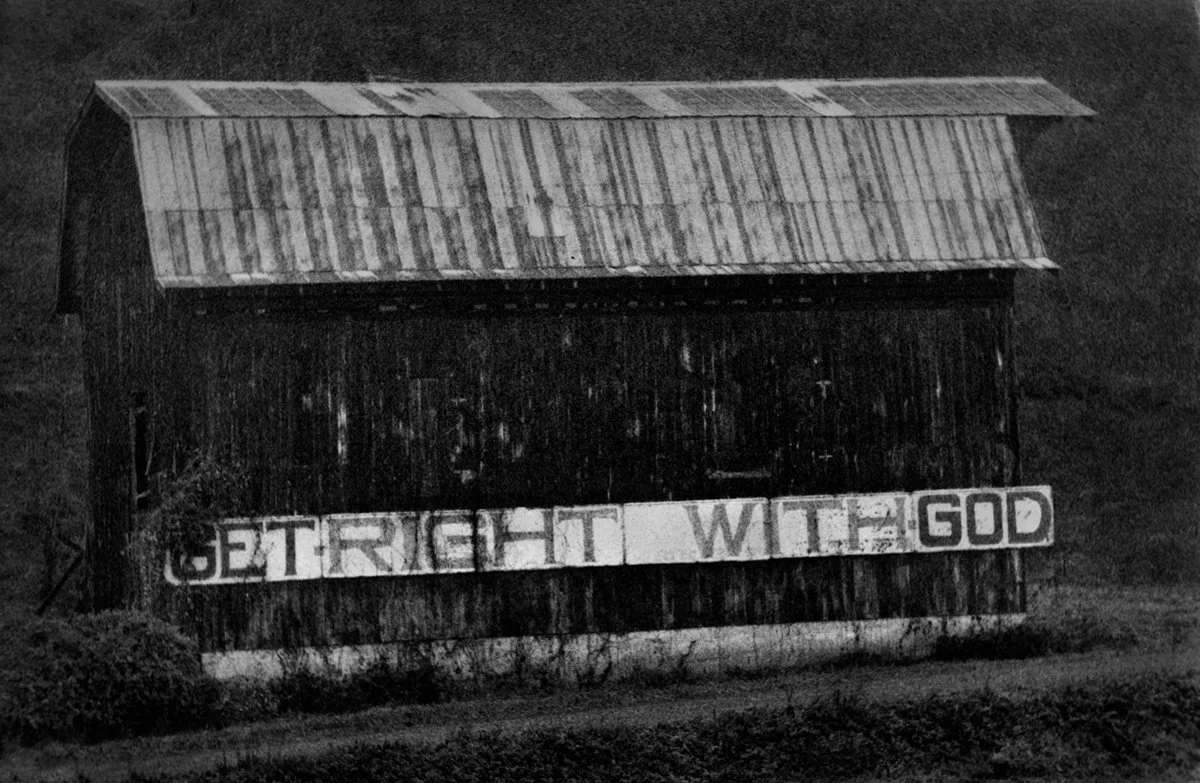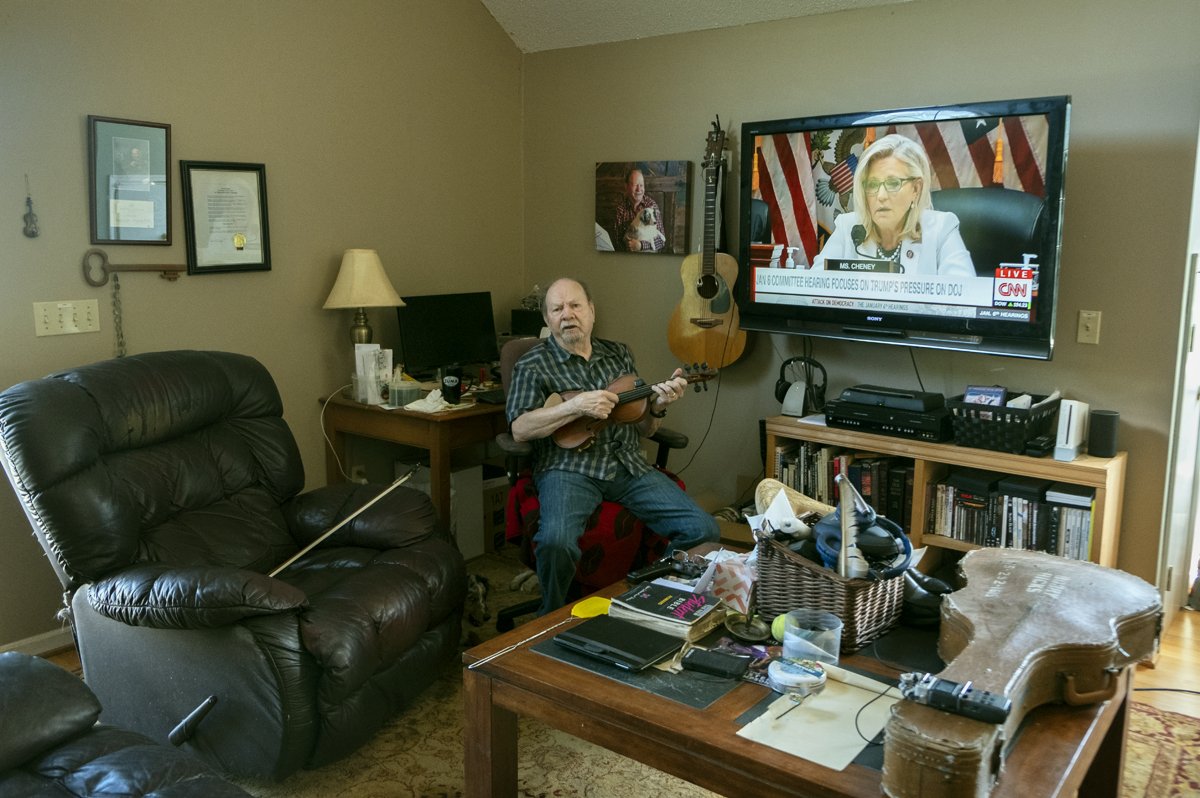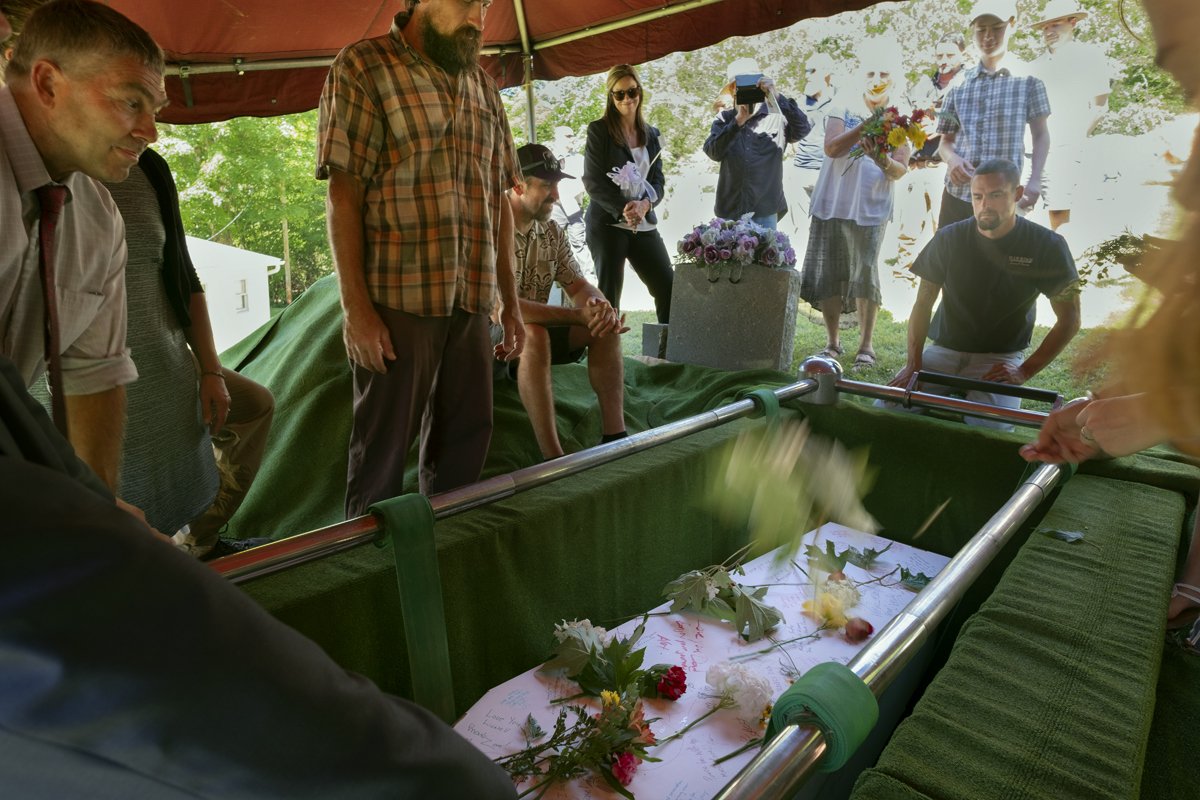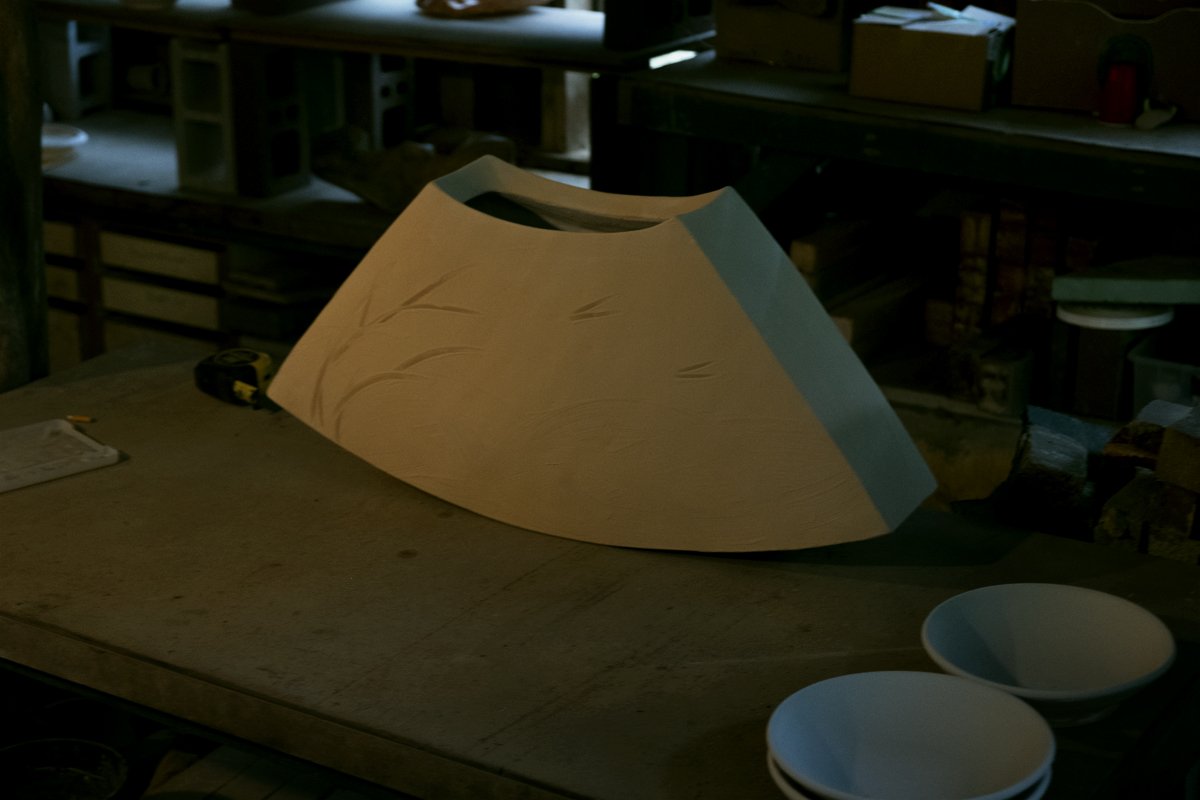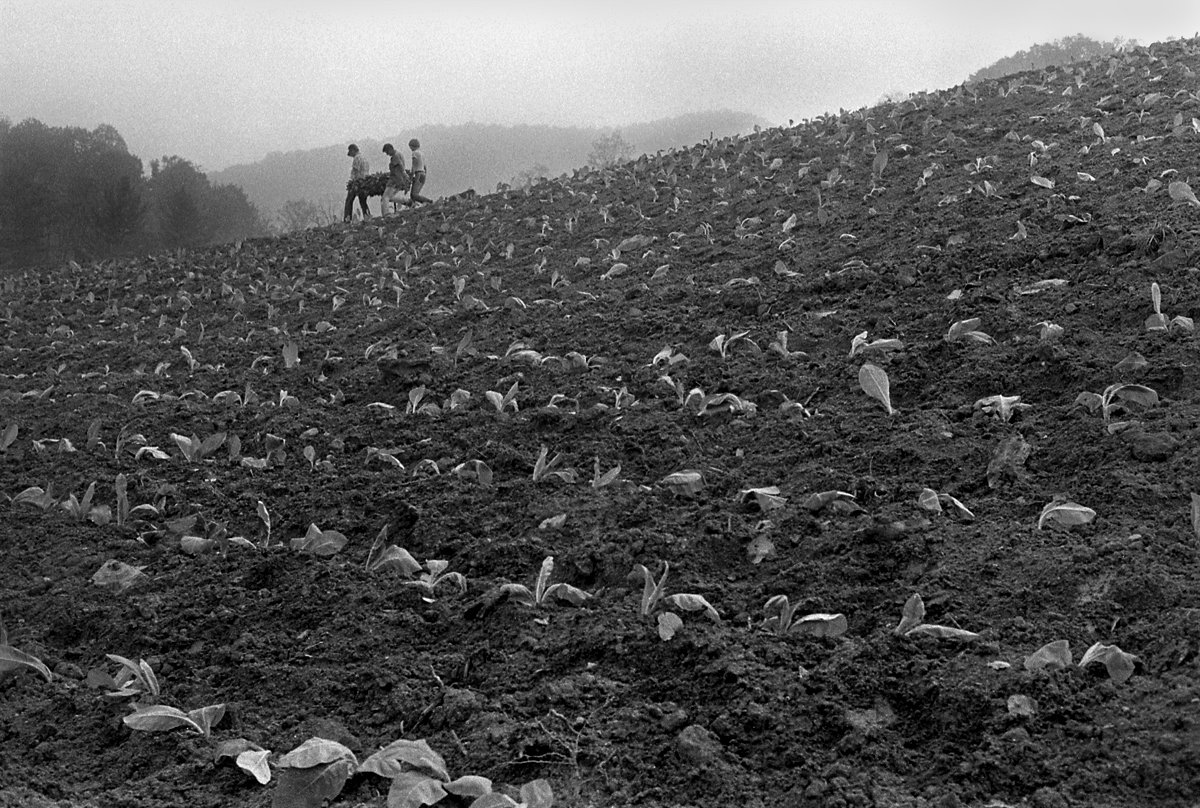I generally make it a point to not respond to comments on my blog or social media posts. I’ve decided to make an exception this time around because of the comment from Sherry Shannon on facebook about my blog post of July 18. The comment was repeated almost word for word on my blog site by a person identifying herself as Sherry Morgan. Whatever?
Ms. Shannon (Morgan) begins by thanking me for my photographs and work and I acknowledged her kind words. Next, she informs me that this was not an Anti-Abortion or Pro-Life Rally, but rather, a Pro-Life Sermon. I would refer Ms. Shannon to Reverend Coates’s advertisement on facebook, which describes the event as a “Pro-Life Rally.”
She then goes on to speak of the cultural significance of the Christian tradition here in Madison County and how there used to be preaching every weekend, if not every day, at the courthouse. She then insinuates that I do not understand the depth of this belief within the people of Madison County. But, as I say in my opening sentence of the blog post, “I have lived in Madison County for nearly fifty years, and have long understood the importance of Christianity in the county.” And while I did not mention it in my post, I also understand how religion came to play such an important role. When settlers first arrived in these mountains, freedom from the religion imposed on them by the Church of England was a prime motivator.
What I think Ms. Shannon, and her fellow believers, don’t understand is the changing demographic of Madison County. Close to fifty percent of our present population is made up of people not born in the county. And i would venture to say that a majority of these new county residents, as well as, a goodly number of born-in-county residents, would identify themselves as secular humanists, or agnostic, non-believers, or people who do not attend church. These county residents choose not to believe, or express their spirituality, in the same way as the traditional old-time Baptists.
I have spoken with many people who are offended by having a “Pro-Life Rally” on the courthouse steps - citing the separation of church and state. I wasn’t surprised by this although I, too, found it offensive to those of us who do not believe as the Pro-Lifers do. The Courthouse, after all, is supposed to represent all county residents, not just those who adhere to Madison County’s traditional christian faith.
I personally am offended by the insinuation that I, or other non-believers, “are never going to find true happiness until we find the peace that only God can bring.” I believe peace and happiness are a life-long quest, one that involves good works, kindness, transparency, community, and a belief in letting people make their own decisions. I certainly do not believe that peace and happiness come from submission to a man-made deity whose history and tradition is based on war and pestilence. The bible is full of references to this fact.
I guess what I would like, Sherry, is the same level of respect for all county residents, regardless of their beliefs, lifestyle, or the amount of time they’ve lived in the county. When someone commented on my blog that “they (the Christians) don’t get to take back Madison County,” I, like you, believe “they never lost it.” Our challenge, as people concerned about the welfare of the county we all love, is to recognize the present diversity of belief and learn to co-exist without vindictiveness and accusations, and with the utmost respect for all.
At the Madison County Courthouse, Marshall, 7/22.


